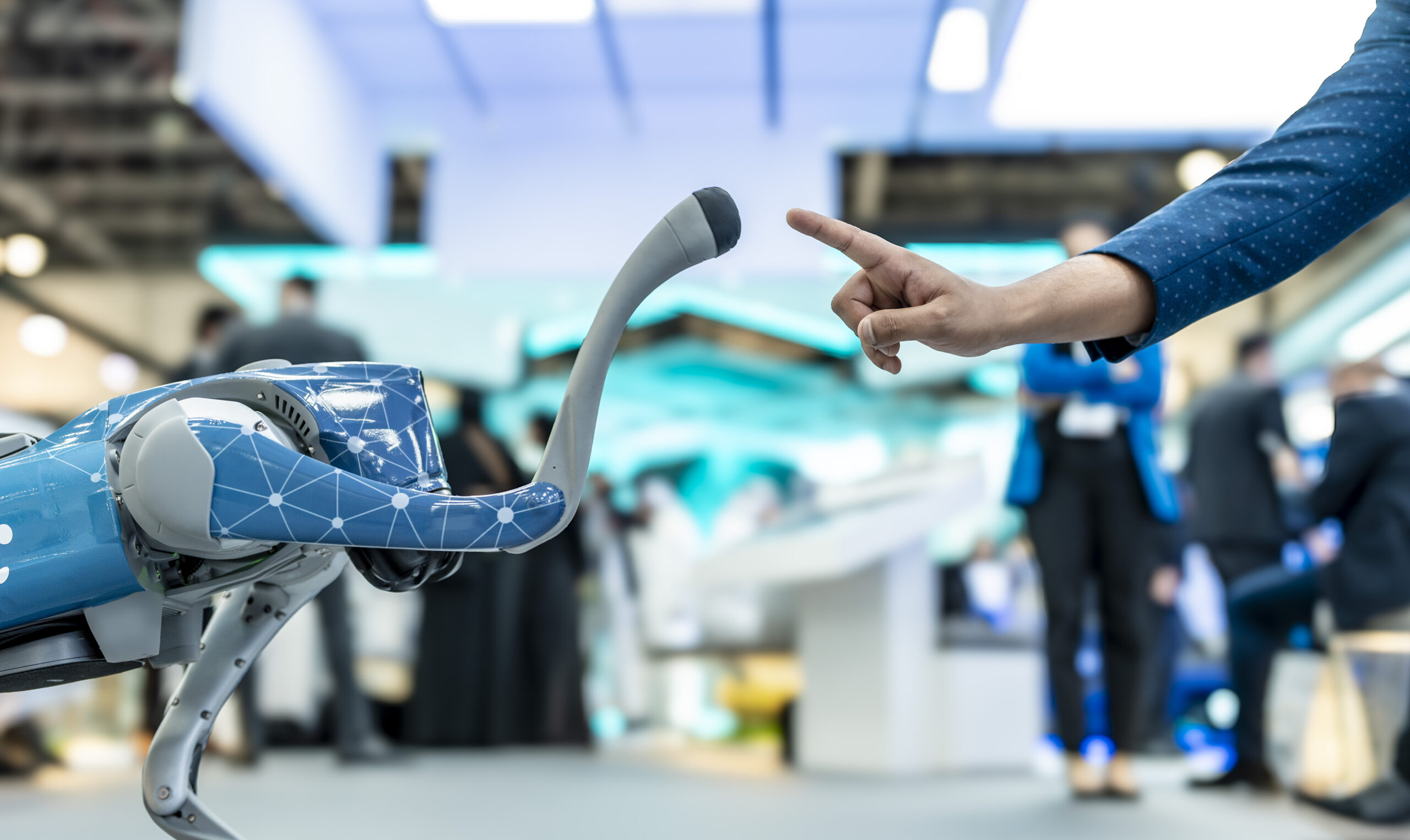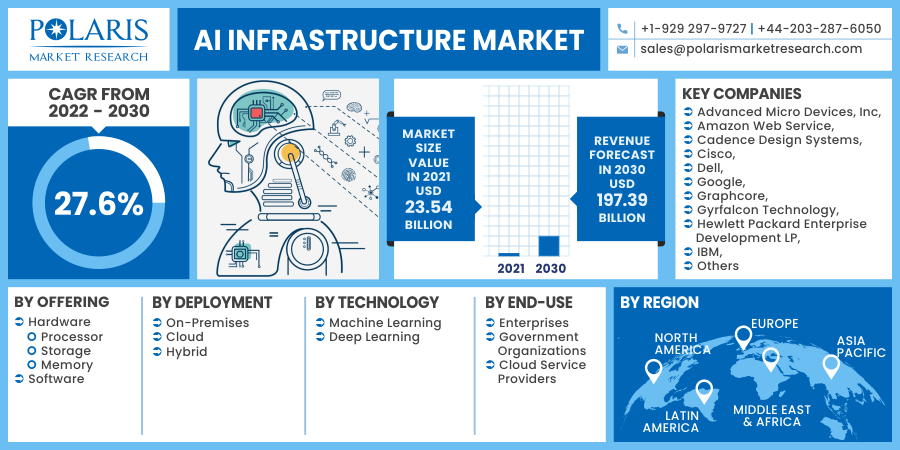India's First AI University: Pioneering the Future of Artificial Intelligence
The Indian AI market is projected to reach $17 billion by 2027, growing at a compound annual growth rate (CAGR) of 25%. AI in Indian banking is expected to grow at 31.3% CAGR by 2027. The establishment of India's first AI University in Maharashtra is more than an educational milestone—it is a strategic move to position India as a global leader in artificial intelligence. As AI reshapes industries, economies, and societies, this institution will play a crucial role in fostering research, innovation, and talent development. However, building an AI university from the ground up comes with challenges—faculty recruitment, infrastructure, industry collaboration, and semiconductor dependencies.

Empowering India's Youth
India has the largest youth population in the world, with over 65% of its citizens below 35 years of age. The AI University will equip this demographic with industry-ready skills, enabling them to lead in the global job market. AI is projected to generate 20 million new jobs in India by 2030, and companies like Google, Microsoft, TCS, Infosys, and Reliance are already investing heavily in AI talent.
Challenges and Solutions
AI expertise is concentrated within global tech firms and elite universities, making faculty acquisition a challenge. To attract top talent, India need to establish partnerships with institutions like MIT, Stanford, and Tsinghua University. Visiting fellowships, competitive research grants, and collaboration with AI labs at Google DeepMind, OpenAI, and Meta AI will be essential. Additionally, inviting seasoned AI professionals from companies like NVIDIA, Microsoft, and Tesla as adjunct faculty will bridge the gap.

Maharashtra’s AI University need to integrate cutting-edge infrastructure to establish itself as a global AI hub. Key components include NVIDIA DGX SuperPODs for large-scale model training, Google TPUs for deep learning research, and IBM Quantum Systems for quantum AI exploration. 5G infrastructure will enable edge computing and real-time AI applications, while robust data centers and cloud computing resources will be essential for scalable AI research and development.
Deep Tech Dependency
AI development is deeply reliant on semiconductor manufacturing, with chips from companies like AMD, Intel, and TSMC powering most AI models. Establishing domestic semiconductor production through initiatives like the Indian Semiconductor Mission and partnerships with Tata Electronics and Vedanta will be crucial.
The success of the Mohamed bin Zayed University of Artificial Intelligence (MBZUAI) in Abu Dhabi serves as an inspiration. With fully funded AI programs, global partnerships, and advanced AI research facilities, MBZUAI has positioned itself as a leader in AI education.
To view or add a comment, sign in
16,816 followers
Create your free account or sign in to continue your search

or
By clicking Continue to join or sign in, you agree to LinkedIn’s User Agreement, Privacy Policy, and Cookie Policy.
New to LinkedIn? Join now




















